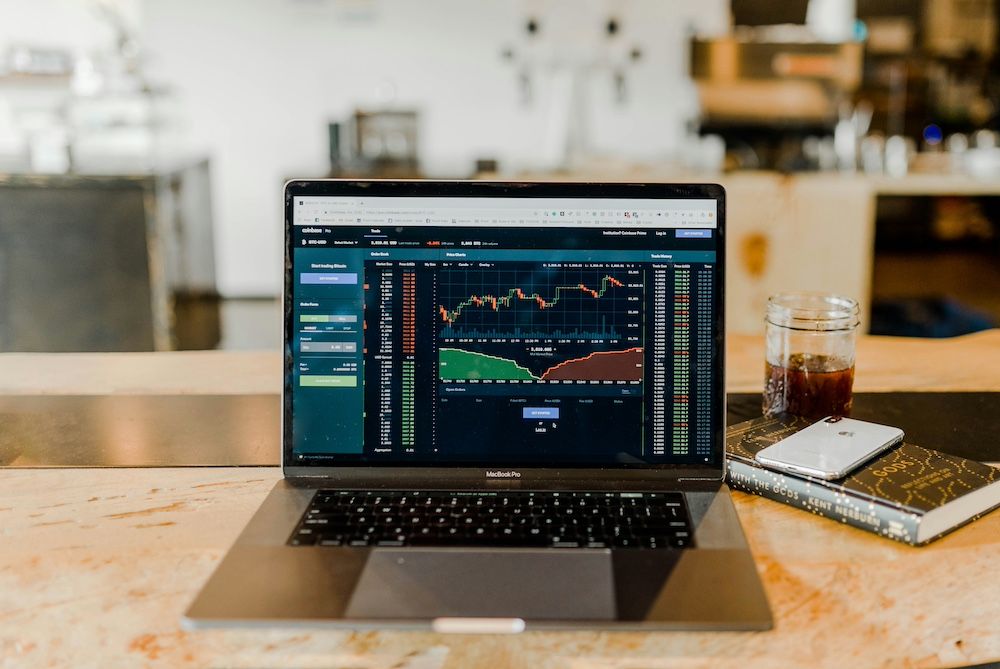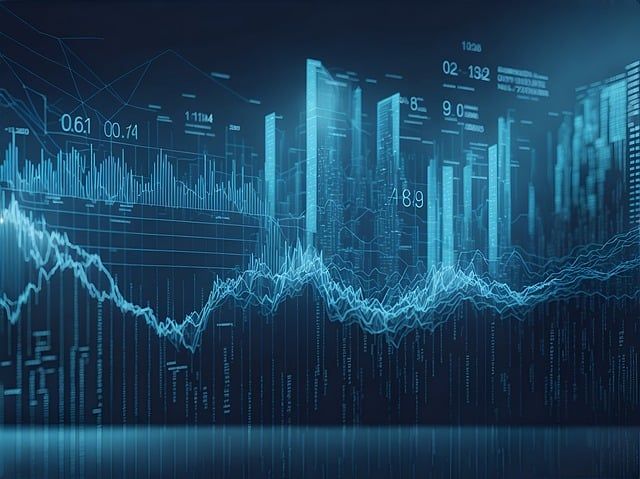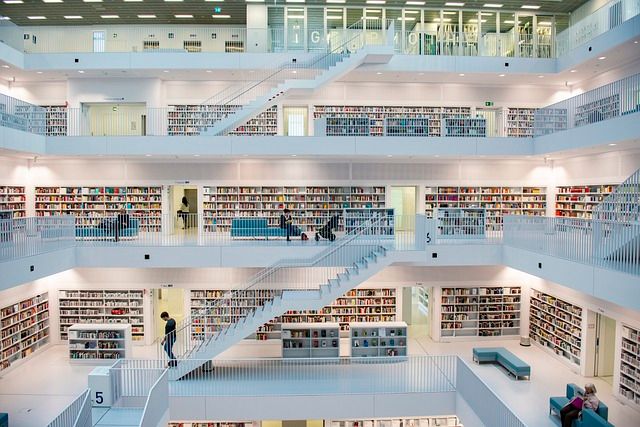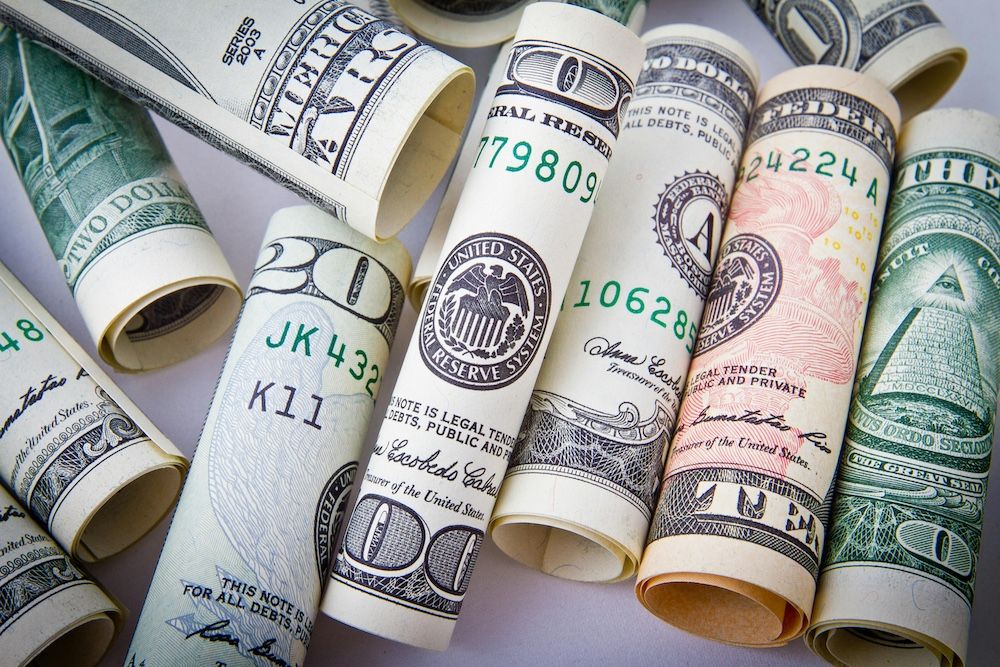Economics, the science that studies resource allocation and human behavior, permeates every aspect of our lives. Whether it's household consumption decisions, corporate production strategies, or government policy-making, economics provides us with the tools to understand and analyze our world. It is not merely a collection of numbers and formulas; rather, it is a way of thinking, a lens through which we can view the complexities of our society.
At the heart of economics lies the concept of scarcity. Resources are always limited, while human wants are virtually infinite. This fundamental contradiction drives economic activity. In this context, economists strive to explore how to maximize utility and efficiency with finite resources. The two main branches of economics are microeconomics and macroeconomics; the former focuses on the behavior of individual economic agents, while the latter examines the overall functioning of the economy and the effects of policies.
Microeconomics helps us understand how market mechanisms operate. The relationship between supply and demand is its foundational principle: when demand increases while supply remains constant, prices naturally rise, and vice versa. Consumers often weigh marginal utility against price in their purchasing decisions. Behind these rational choices lies a wealth of psychological and behavioral economic theories. Behavioral economics challenges the traditional economic assumption of rationality, highlighting that human decision-making is often influenced by emotions and cognitive biases. For example, consumers may experience "loss aversion," leading them to make irrational purchasing decisions when confronted with promotional activities. Research in this field prompts us to rethink the complexities of market behavior and provides new perspectives for policy formulation.
Macroeconomics, on the other hand, focuses on the overall performance of national and global economies. Economic growth, unemployment rates, and inflation are key indicators in macroeconomic study. Economic growth is typically measured by Gross Domestic Product (GDP), reflecting the total economic activity of a nation, while the unemployment rate serves as a vital indicator of labor market health. Governments and central banks use monetary and fiscal policies to regulate the economy, maintaining stability and sustainable development. For instance, a central bank might lower interest rates to stimulate economic growth, while raising them during periods of high inflation to curb rising prices.
In recent years, the acceleration of globalization has made the interconnection between economies even more pronounced. International trade and capital flows are now critical factors that cannot be overlooked. Economists continuously explore how to respond to economic crises and inequality to achieve a fairer and more prosperous society. The lessons from the global financial crisis have highlighted the vulnerability of financial markets and the importance of institutional arrangements. For developing countries, the challenge remains how to stand out in global competition and achieve economic transformation and upgrading.
Economics extends beyond theoretical research; it also plays a vital role in practice. Policy evaluation and economic forecasting are essential tasks for economists, who employ various economic models and data analysis tools to provide scientific evidence for decision-makers. In addressing global challenges such as climate change and promoting sustainable development, the role of economics is increasingly significant. Striking a balance between environmental protection and economic growth has become a crucial topic in contemporary economic research. Concepts such as the green economy and circular economy are gaining traction worldwide, with many countries using tax incentives and subsidies to encourage businesses and individuals to adopt more environmentally friendly production and consumption practices.
In addition to these issues, social and economic inequality is another critical area of economic research. Economists seek to identify effective policies for reducing income disparity and wealth concentration. Different countries and regions have adopted various strategies in their economic development, with some successfully promoting social equity through improved education levels and optimized social security systems.
In summary, economics is a discipline rich in both allure and challenge. It not only helps us understand complex economic phenomena but also inspires us to think about how to create a better future. In this rapidly changing era, the value of economics will become increasingly apparent, providing us with wisdom and guidance to navigate uncertainty. Through in-depth study of economics, we can enhance our individual economic literacy while contributing insights toward the sustainable development of society.





